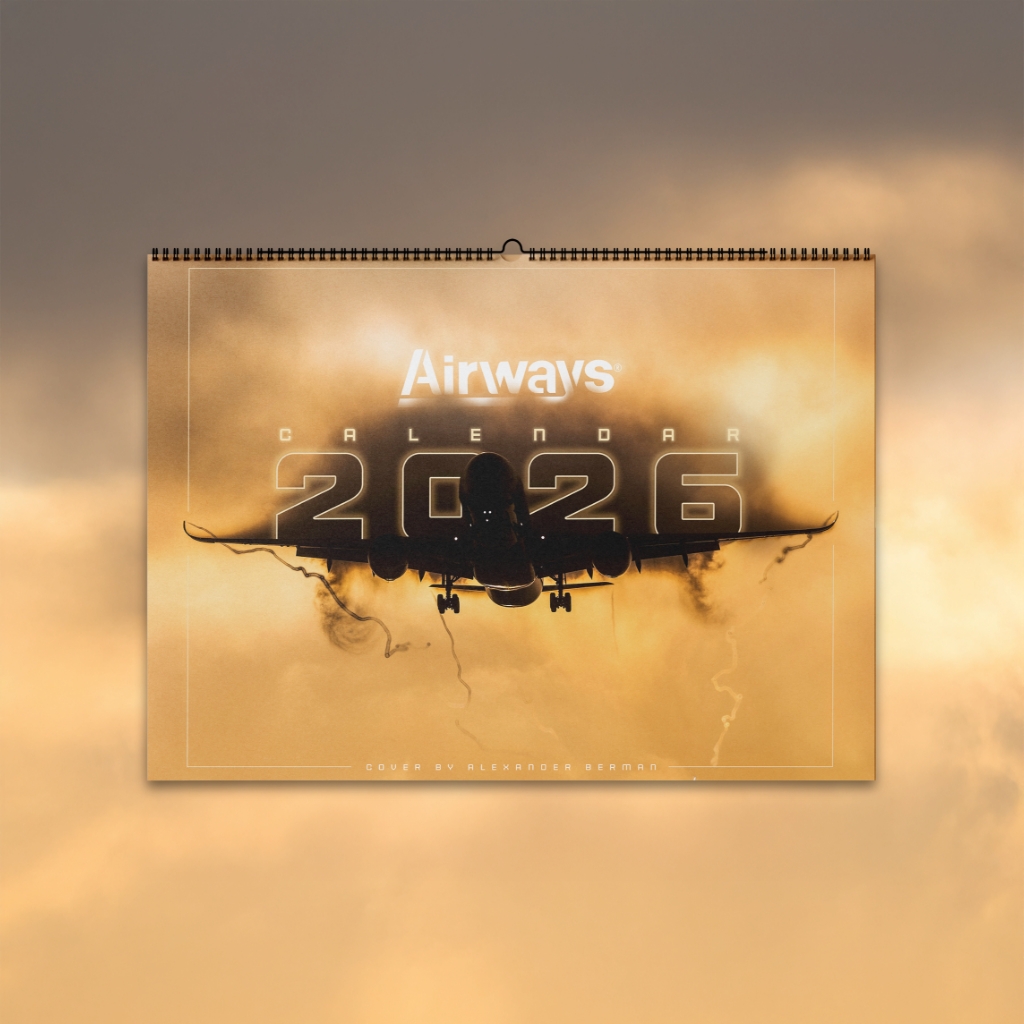DALLAS — Hong Kong-based Cathay Pacific (CX) has canceled nearly 70 flights after a plane en route from Hong Kong to Zurich had to return due to an "engine component failure."
According to the flight tracking service Radarbox, shortly after takeoff on Monday, flight CX383 from Hong Kong to Zurich encountered an issue. According to Reuters, the five-year-old A350-1000 made two wide circles and released fuel over the sea before safely returning to Hong Kong, landing approximately 75 minutes after departure.
The airline has since inspected all 48 of its Airbus A350 aircraft, discovering that 15 had faulty parts requiring replacement. These aircraft are powered by Trent XWB-97 engines manufactured by the British manufacturer Rolls-Royce.
The flight cancellations, which affected routes connecting Hong Kong to cities such as Sydney, Singapore, Bangkok, Tokyo, Seoul, and Taipei, are expected to continue until at least Saturday. However, CX said today that three A350s had already been repaired, with the remaining aircraft expected to resume operations by September 7.
Cathay Pacific has not disclosed the exact engine component that failed but stated that this was the "first instance of such a failure on any A350 aircraft globally." A source familiar with the situation informed Reuters that the issue involved a malfunction in a fuel nozzle within the XWB-97 engine, the Rolls-Royce model used on the A350-1000.
Rolls-Royce has committed to collaborating closely with the carrier, Airbus, and relevant authorities to address the issue. The European Union Aviation Safety Agency also monitors the situation and will determine if further action is necessary.
The Trent XWB-97 engines, known for their fuel efficiency, have been used by CX since the airline received its first Airbus A350 in 2016. Other airlines operating A350s are closely monitoring the situation.
"Designed, engineered, and optimised" for the the A350-1000 & A350F, the new-generation, 97,000lb-thrust Trent XWB is the world's most efficient large aero-engine in service, according to Rolls-Royce.



.webp)
